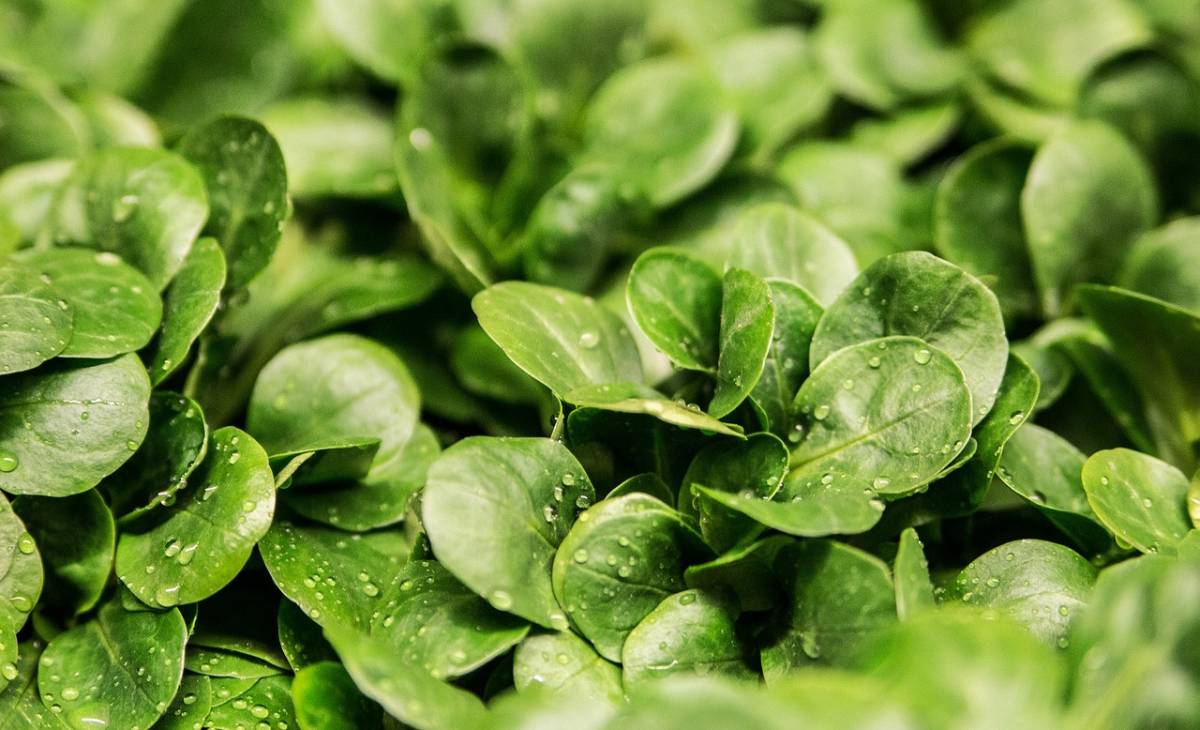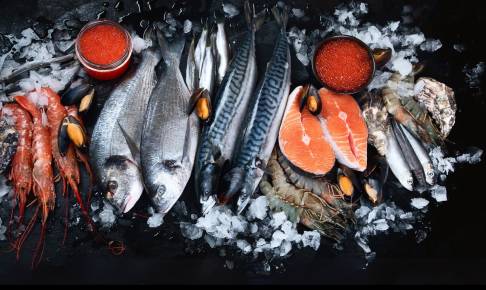Swiss study uncovers chemicals from tires in majority of salads tested
A worrying discovery has been made by laboratories appointed by KTipp, a Swiss consumer monthly magazine, revealing traces of car tire wear in 12 out of 15 salad samples analyzed. The most contaminated were salads of Italian origin.
This pioneering study by KTipp indicates that lettuce and other plants are absorbing chemicals, originated from car tires, through their roots, eventually landing up on our plates.
To conduct this study, various salads including lettuce and rocket were purchased from leading Swiss distributors and sent to a Vienna-based laboratory that specializes in environmental pollution. The lab examined these products for chemicals typically found in tires.
The results were alarming as rubber dust residues were found in 12 out of 15 lettuce samples analyzed. Multiple analyses revealed the highest concentrations of chemical residues in lettuce, rocket, and new spinach from Italy, with maximum values measured between 59 and 104 nanograms per gram of lettuce. Nine other lettuce samples from Switzerland, Italy, and Spain were also found to be contaminated, albeit in lesser quantities, ranging from 0.1 to 45.9 nanograms per gram of lettuce. On a positive note, three samples (one each from Italy, Switzerland, and Spain) showed no car tire residues.
The long-term health effects of ingesting such microplastics are largely unknown and understudied. However, what is alarming is that almost all the substances found in lettuce are considered harmful. Some of these substances are even suspected to increase the risk of cancer or impact fertility.
When K-Tipp inquired with wholesalers about their sourcing practices for lettuce, most remained vague. Companies like Aldi and Lidl stated that they follow applicable legal requirements, and the proximity of lettuce fields to busy roads or industrial sites is not a consideration.
Thilo Hofmann, director of the research platform "Plastic in the Environment and Society" at the University of Vienna, expressed surprise at these findings in supermarket salads. His research team had demonstrated in 2022 that plants could absorb chemicals from microplastics under laboratory conditions.
The researchers demonstrated how chemicals from tire rubber can penetrate the edible parts of plants. The study showed that plants absorb these chemicals through their roots, transport them to their edible leaves, and store them. This absorption process also led to the formation of other substances, some of which are toxic to fish and others whose effects on human and animal health are yet to be determined.
These findings have prompted researchers to call for new legal limits for such substances, urging authorities to consider that plants store and convert the chemicals of microplastics into other substances when setting such limits.
Source:






















